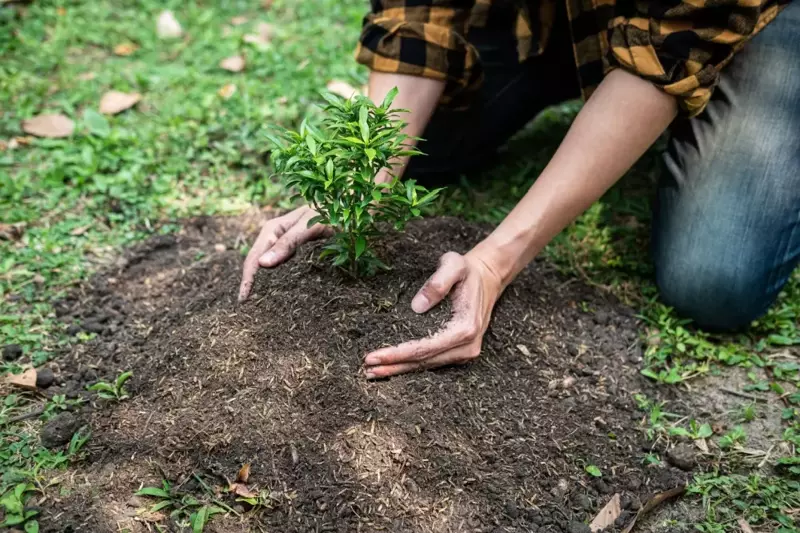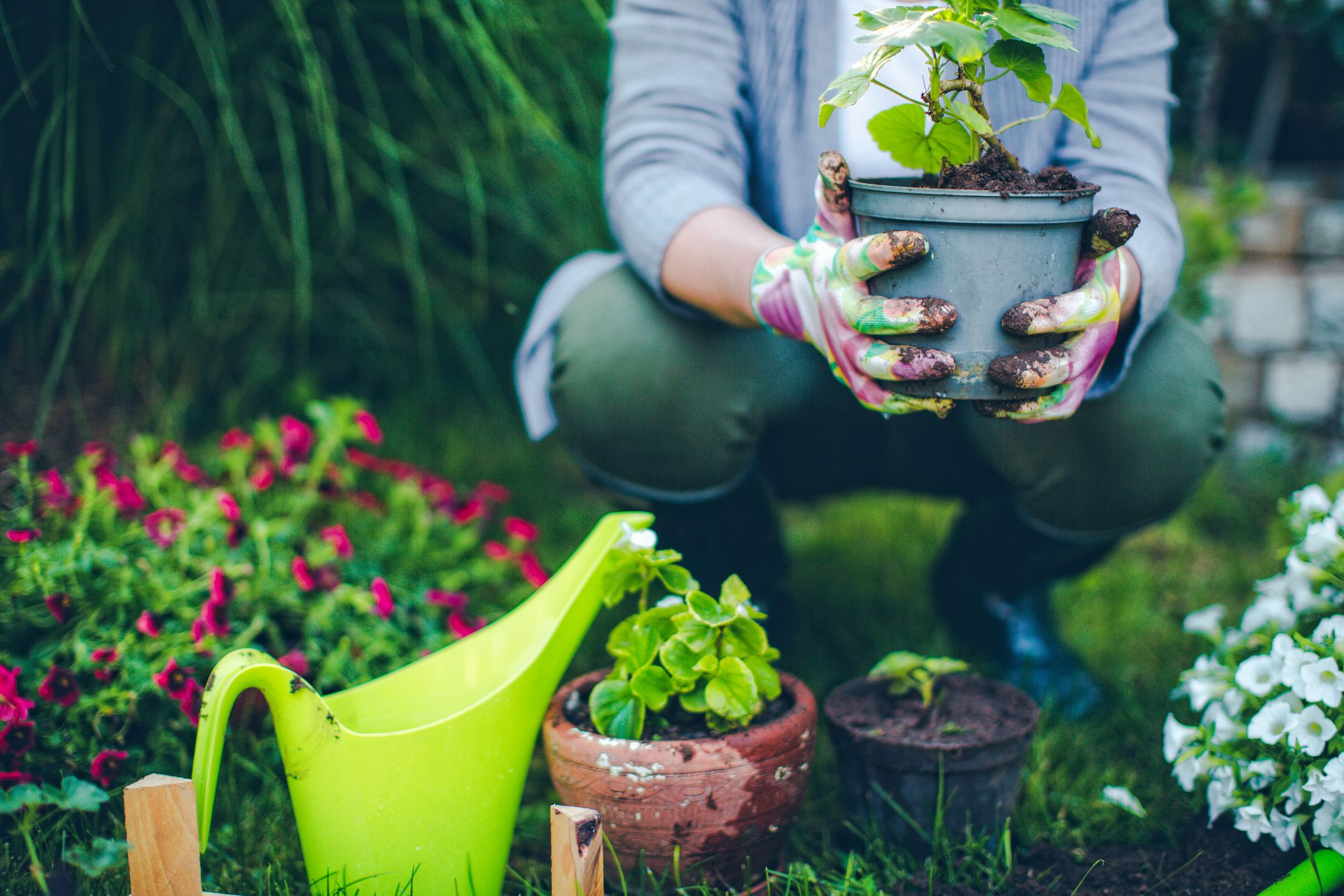Unlocking the Perks of Horticulture: A Detailed Take A Look At the Different Types and Their Effect On Health
Exploring the multifaceted advantages of horticulture exposes a range of practices that substantially improve specific wellness. From vegetable and natural herb gardens to container and increased bed setups, each kind offers distinctive advantages that expand beyond plain cultivation. These activities not just foster physical health through active interaction but additionally add to psychological health by alleviating stress and encouraging mindfulness. As we take a look at these diverse gardening strategies, it ends up being apparent that their impact can reverberate on individual, social, and environmental levels, triggering a better look at how these links form a natural story of all natural wellness.
Kinds Of Gardening

Flower horticulture, another preferred classification, highlights the aesthetic allure of cultivated blossoms. This kind can improve landscapes and promote biodiversity by drawing in beneficial pollinators. Similarly, herb gardening entails growing fragrant and culinary plants, adding both to food preparation and all-natural remedies.
Container gardening deals adaptability, enabling people with limited room to engage in horticulture by utilizing pots and planters. This technique is particularly prominent in metropolitan settings. Raised bed gardening, on the various other hand, entails producing raised plots that boost dirt drain and access, making it simpler for garden enthusiasts to handle their plants.
Finally, neighborhood horticulture fosters collaboration amongst people in common spaces, promoting social communication and cumulative responsibility. Each type of horticulture serves distinct functions and caters to different preferences, making gardening a flexible task that can be customized to private needs and atmospheres.
Mental Health Advantages
Participating in different types of horticulture not only generates concrete rewards such as fresh produce and lovely flowers yet likewise provides substantial psychological health advantages. Research study shows that horticulture can be an effective device for decreasing stress and anxiety, anxiousness, and depression. The act of tending to plants and cultivating a garden promotes a sense of purpose and accomplishment, which can boost overall psychological health.
Furthermore, gardening encourages mindfulness, as it calls for people to focus on the here and now moment, whether it be growing seeds or nurturing growth. This mindfulness practice can cause reduced rumination and improved mood stability. The direct exposure to all-natural settings throughout horticulture has actually additionally been linked to enhanced cognitive working and decreased sensations of tiredness.
Social communication plays a vital role in psychological health and wellness, and neighborhood horticulture initiatives give chances for individuals to attach with others, promoting a feeling of belonging. The shared experience of gardening can grow friendships and assistance networks, better strengthening emotional resilience.
Physical Wellness Advantages
Lots of people may not realize that horticulture also offers substantial physical health advantages. Engaging in horticulture tasks needs a range of physical movements, including bending, lifting, digging, and growing, which jointly contribute to enhanced toughness, flexibility, and endurance. These actions can improve cardiovascular health and wellness by advertising a raised heart rate, therefore minimizing the threat of heart problem.
Moreover, gardening can serve as a moderate-intensity workout, assisting people achieve advised physical task check my reference levels. Researches suggest that normal engagement in horticulture can burn considerable calories-- roughly 200-400 calories per hour, depending upon the intensity of the tasks carried out. Such calorie expense is valuable for weight monitoring and general metabolic health and wellness.
In addition, exposure to sunlight throughout gardening can facilitate the synthesis of vitamin D, which plays an important function in maintaining bone wellness and supporting immune feature. Furthermore, the act of horticulture commonly involves working with soil, which has actually been connected to prospective mental and physical health and wellness benefits as a result of the existence of helpful microorganisms. Gardening.
Social Connections With Gardening
The communal aspects of gardening foster meaningful social links amongst people. Neighborhood gardens, in particular, act as dynamic centers where people from diverse histories collaborated, cultivating not just plants but also connections. These common spaces urge partnership, allowing people to exchange understanding, skills, and sources, consequently enhancing their gardening experience and cultivating a feeling of belonging.
Engagement in gardening tasks usually brings about the development of friendships and support networks. Individuals regularly join for typical objectives, such as planting periods, harvest celebrations, or academic workshops, which enhance social connections and create a feeling of neighborhood. Such interactions can minimize sensations of isolation and improve mental wellness, as individuals find companionship and sociability in common ventures.

Environmental Effect of Gardening
Gardening substantially contributes to environmental sustainability in multiple ways. Home yards offer crucial environments for numerous species, consisting of pollinators such as bees and butterflies, which are essential for ecological community health.

Furthermore, yards play a critical duty in water conservation. Tactical landscapes, consisting of native plants and xeriscaping, decrease water usage and useful link protect against overflow, therefore securing regional waterways from contamination.
Conclusion

In conclusion, gardening acts as a multifaceted activity that improves well-being across numerous domain names. The varied sorts of gardening-- consisting of veggie, flower, this page herb, container, and elevated bed-- add to mental and physical wellness, foster social connections, and advertise environmental sustainability. By taking part in gardening practices, individuals can experience better lifestyle while also sustaining community bonds and environmental health. Ultimately, the all natural advantages of horticulture emphasize its value as a vital aspect in improving overall wellness.